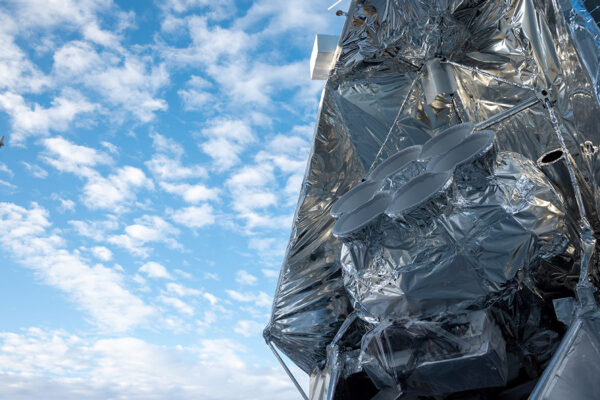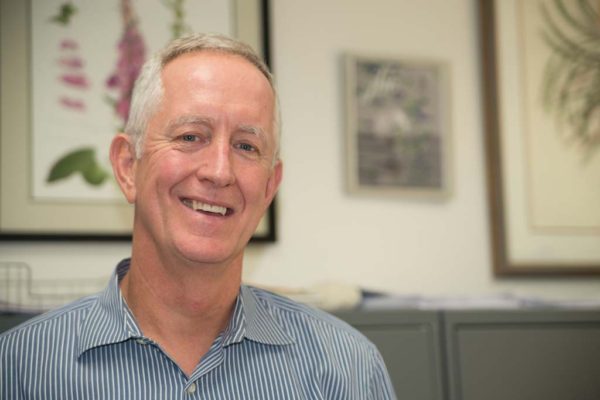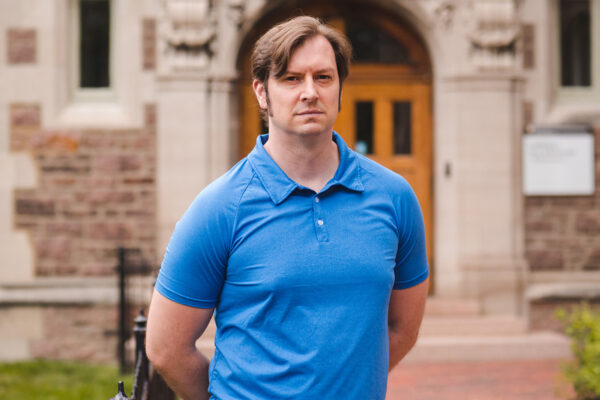SPIDER launches from Antarctica
A team of scientists including physicist Johanna Nagy at Washington University in St. Louis successfully launched a balloon-borne experiment studying the early universe on Dec. 21. The instrument, called SPIDER, was carried aloft by a scientific balloon from its launch pad in Antarctica.
Researchers win Leakey Foundation grants
Two Washington University in St. Louis anthropology researchers recently won grants from the Leakey Foundation.
Funkhouser receives grant from Animal Behavior Society
Jake Funkhouser, a ngraduate student in the Department of Anthropology in Arts & Sciences, received a $2,000 research grant from the Animal Behavior Society.
Patania awarded $25,000 grant
Ilaria Patania, a postdoctoral research associate in the Department of Anthropology in Arts & Sciences, received a $25,000 research grant from The Leakey Foundation.
Precision insights can be found in wastewater
Fangqiong Ling at the McKelvey School of Engineering and Likai Chen in Arts & Sciences developed a machine learning model that uses the assortment of microbes found in wastewater to tease out how many individual people they represent. Their study was published in PLOS Computational Biology.
Recent Chinese protests could ‘undercut President Xi’s legitimacy in the long run’
Recent Chinese protests over COVID-19 restrictions provided a blueprint for future activism to prevent government from infringing on civil liberties, says Zhao Ma, associate professor of modern Chinese history and culture in Arts & Sciences. That could spell trouble for President Xi’s administration.
Brantmeier addresses literacy congress
Cindy Brantmeier, a professor of applied linguistics and of global studies in Arts & Sciences, shared her research, which examined the challenges of functional health literacy for language-diverse patients across the U.S. during the COVID-19 pandemic.
Course on ‘bioinformatics of proteins’ receives funding
Washington University is now a part of the Seattle Structural Genomics Center for Infectious Diseases Consortium, and received a subcontract award of up to $50,000 from Seattle Children’s Research Institute in support of a course on protein bioinformatics.
Vierstra receives $1.3 million grant
Richard D. Vierstra, the George and Charmaine Mallinckrodt Professor of Biology, received a four-year $1.3 million grant from the National Institutes of Health (NIH) to continue his project titled “Phytochromes: Structural Perspectives on Photoactivation and Signaling.”
Wick appointed Dean’s Fellow for Digital Transformation
Brett Wick, a professor of mathematics and statistics in Arts & Sciences, , has been appointed Dean’s Fellow for Digital Transformation.
View More Stories





